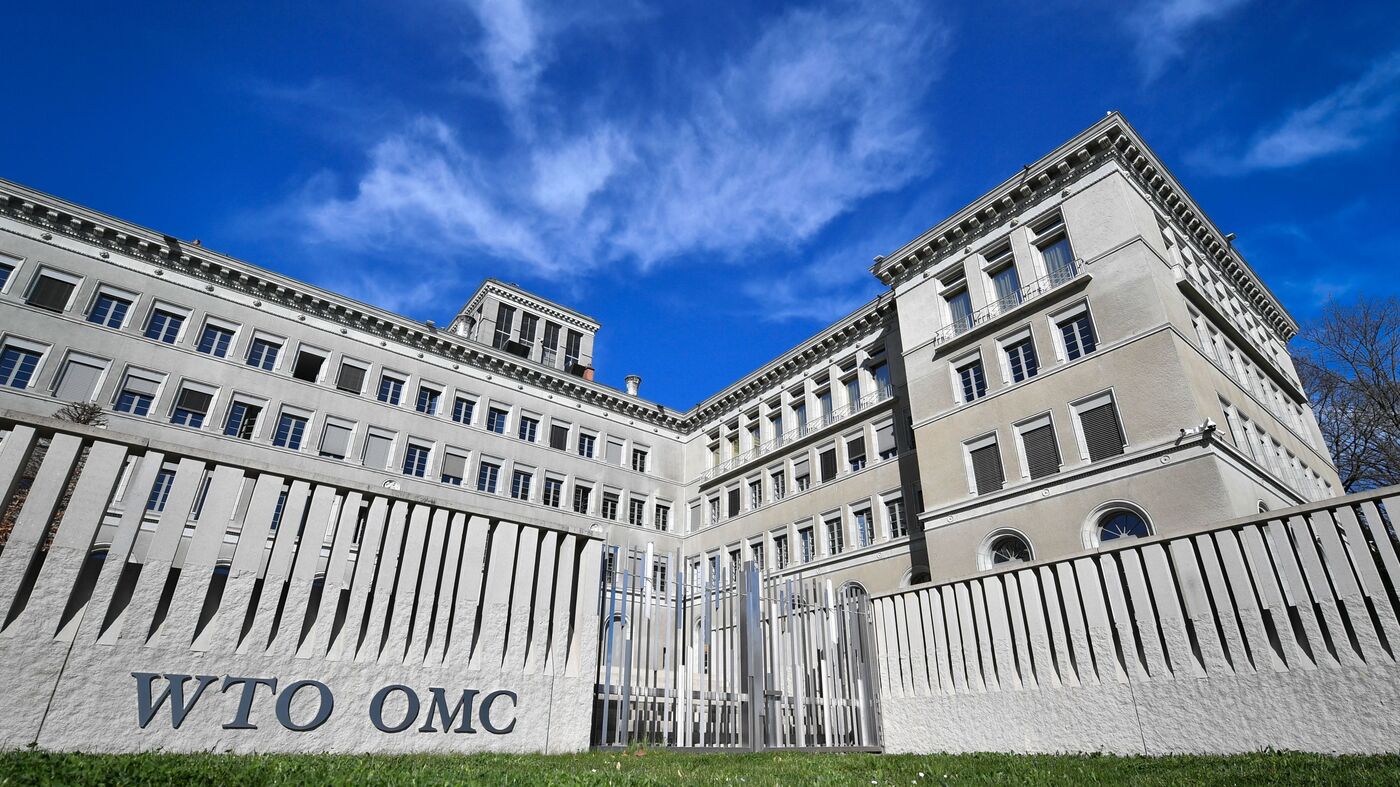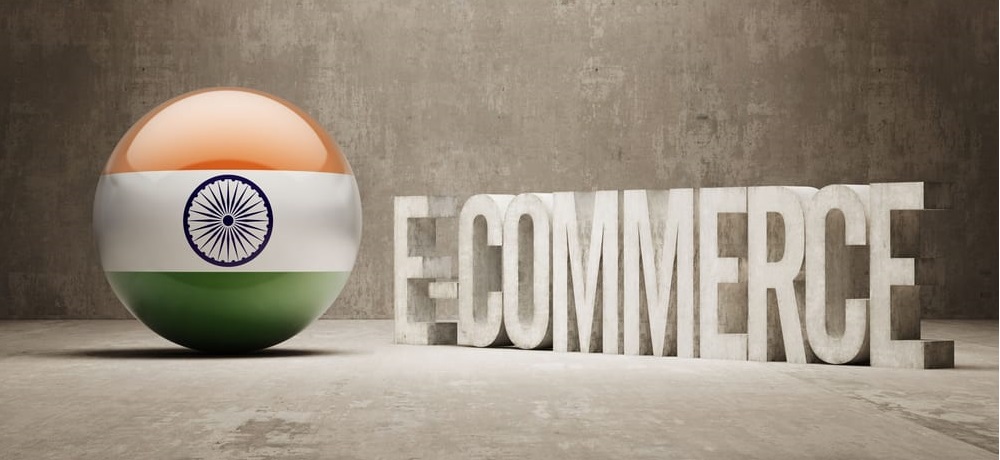India Proposes Tax on Cross-Border E-Commerce
Jayson 22 Feb 2024 12:29
According to foreign media reports, India may oppose the extension of the e-commerce trade tariff suspension at the upcoming WTO Ministerial MC-13 meeting in Abu Dhabi.

Members of the World Trade Organization (WTO) have agreed not to impose tariffs on electronic transmissions since 1998, and the moratorium on tariffs has been regularly extended at successive Ministerial Conferences (MCs).

While there are no restrictions on taxing the cross-border movement of goods through e-commerce, problems have arisen as digitization has led to many goods, such as books or movies, being delivered digitally, evading the tax net.
According to a 2017 study by the United Nations Conference on Trade and Development (UNCTAD), data losses due to the suspension amount to $10 billion per year, mostly going to developing countries as they are the largest consumers.

UNCTAD estimated losses to India in 2017 at $500 million. Since then, digitization has grown exponentially, and by 2024 the losses will be even higher.
In addition to revenue, India also wants the power to tax electronic transmissions to protect its nascent industry, a senior official said.


Members of the World Trade Organization (WTO) have agreed not to impose tariffs on electronic transmissions since 1998, and the moratorium on tariffs has been regularly extended at successive Ministerial Conferences (MCs).

While there are no restrictions on taxing the cross-border movement of goods through e-commerce, problems have arisen as digitization has led to many goods, such as books or movies, being delivered digitally, evading the tax net.
According to a 2017 study by the United Nations Conference on Trade and Development (UNCTAD), data losses due to the suspension amount to $10 billion per year, mostly going to developing countries as they are the largest consumers.

UNCTAD estimated losses to India in 2017 at $500 million. Since then, digitization has grown exponentially, and by 2024 the losses will be even higher.
In addition to revenue, India also wants the power to tax electronic transmissions to protect its nascent industry, a senior official said.



